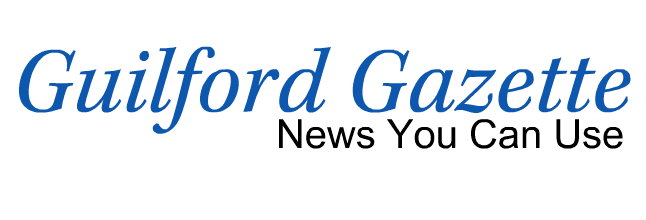 OPINION
OPINION
Feb. 6, 2018 — It sounds so appealing: Add $500 million to Maryland’s K-12 education funding stream by requiring every cent of the state’s take from casino slot machines be devoted to improving local schools.
But here’s the reality check. Such a feel-good move creates a $500 million hole in the state budget.
Where is that money going to come from? What social program will be cut to make room for this extra education aid?Slots for Tots–at a Steep PriceThat’s the rub in the “slots for tots” bill being pushed by Baltimore City lawmakers and House and Senate leaders. Instead of solving a problem, it creates a gigantic future headache.
And if a recession comes Maryland’s way — a likely event in the near future — such a move would create a catastrophic situation for social-net programs.
State colleges and universities are especially vulnerable during recessions and the “slots for tots” bill would further imperil their funding from the governor.
Some 83 percent of Maryland’s general fund budget already is locked in for specific programs. That leaves just 17 percent of the budget where the governor has flexibility. Take away the $500 million slots tax money and the governor’s options shrink even more.
Part of that flexibility comes from the governor’s ability to cut college aid. That aid isn’t locked in by law every year. Besides, the governor knows any budget trims he makes for colleges can be partly replaced by raising tuition and fees.
The Rationale
So if “slots for tots” becomes law this legislative session, the governor’s budget knife will be turned toward higher education next Janaury.
The rationale for “slots for tots” is the allegation that Maryland leaders have reneged on their promise to dedicate all state taxes from slot machine legalization to K-12 education.
That’s what the law says.
But Gov. Martin O’Malley needed every dollar he could find during the Great Recession to stave off massive cuts to social programs. Thus, the tax revenue from slots became fungible. It went into the education pot just as O’Malley withdrew an equal amount from the existing education revenue stream.
It became a zero-sum game. Education aid under the mandated Thornton formula continued to increase on schedule, but there was no extra boost in education dollars flowing to the counties and Baltimore City from casino slot machines.
Slots for Tots Slot machines at Rocky Gap Casino Resort
Yet when Democratic leaders in the House and Senate say, “It’s time to keep faith with the people,” they’re being deceptive.
First, they were co-conspirators in denying local public schools that extra slots money. They did so for practical reasons — the slots money was needed elsewhere to plug budget holes in local health care and social welfare programs as state tax revenue shrank dramatically during the dark days of the Great Recession.
Second, they know full well “slots for tots” breaks the budget bank, sending the state into “deep doo-doo” in its next budget.
Third, they also know the Kirwan Commission later this year will be recommending another massive hike in education funding without any idea where that billion dollars or more will come from. “Slots for tots” compounds that budgeting dilemma.
Fourth, they also are aware that the Department of Legislative Services recently estimated Maryland’s long-term structural deficit at $3.8 billion over the next four years. “Slots for tots” would make that a $4.3 billion deficit hole and the Kirwan Commission proposal could push the state’s future red ink total over the $5 billion mark.
Suddenly, that feel-good education aid boost doesn’t look so hot.
In an election year, it’s no surprise that Democratic leaders would jump on board the teachers’ union “slots for tots” bandwagon.
Slots for Tots — at a Price
It’s an important and powerful union that can help elect more Democrats to the Annapolis State House.
But somewhere along the line, common sense ought to prevail.
Not only does “slots for tots” look like a political quid pro quo by the Democrats, it also seriously endangers Maryland’s ability to avoid a hefty tax increase after the November elections.
